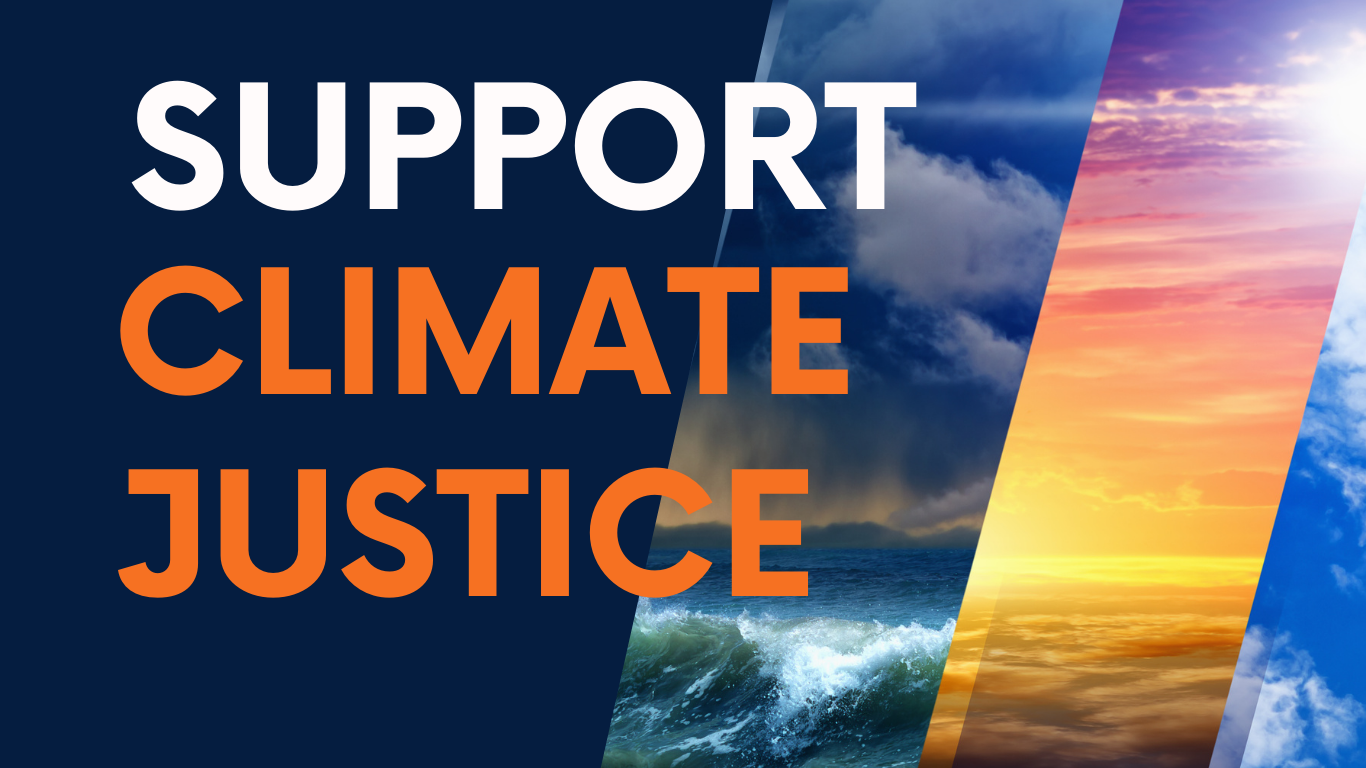By Marco Lopez
Coastlines have served as the foundation for communities since the dawn of human history. Their proximity to the ocean has offered life-sustaining benefits, anchoring civilizations to these shores. In our current era of climate change, the urgency to safeguard these coastlines has intensified. Threats from flooding, storm surges, and hurricanes jeopardize the integrity of these coastal regions and, consequently, the communities nestled within them.
In Belize, a collaborative five-year initiative involving academia, non-governmental entities, and community-based organizations is underway to identify nature-based solutions to protect and preserve the coastline. This project places coastal community members at the heart of the endeavor.
This first year of the project entitled Coastlines and People or COPE came to an end in late August. It is being spearheaded by the University of South Florida. Its first-year conclusion was marked by workshops organized by Fragments of Hope and community leader YaYa Marin Coleman locally.
Maya Trotz, a Professor from the University of South Florida, and Civil Environmental Engineer during the presentation in Belize City said that co-creating solutions with the community is a primary goal of the project. They plan to use community-engaged research to better produce nature-based solutions for the coast.
The coast provides vital ecosystem services for the nation and community members. These services are generated from the biodiversity that lives along the coast – mangroves, seagrass beds, littoral forests, and coral reefs all work in synergy and create a feedback loop that provides the aforementioned services. Mangrove and coral reef health, protection, and restorations are the focus of the five-year plan – and finding community-based solutions to address impacts on these ecosystems is a main goal.
“We want to look at studying nature-based solutions, working with communities, and really thinking about issues of equity. Really, looking at issues of how do we ensure that the solutions we are coming up with have diverse voices engaged and in particular, voices that may have been missing from these spaces of decision-making, of innovation, of co-creation,” Maya Trotz said.
This first year marks the kick-off of the project, which is also taking place in Miami, and the US Virgin Islands. Locations where there is interest and opportunities for nature-based solutions and are at risk of coastal hazards within Belize will be pinpointed as key target areas. The team brought together started the project in Placencia Village, Belize, and Belize City. Over the next 2 to 4 years, they will look at the current priorities of the community members and future scenarios that can impact the coast.
A grant component of $260,000 will also be rolled out in year four to fund implementation, testing, and monitoring. Years 5 and onwards will focus on using the results of the project to guide policy, and collaboration on the design of nature-based solutions, and determine how those will be implemented.
Anne Gurrey of Stanford University’s Natural Capital Project spoke about the co-benefits coastal ecosystems like mangroves and coral reef provides. Her team focuses on how changes in coastal ecosystem health result in a negative ripple effect that affects people.
“We try to understand how those lead to the change in those benefits that flow to people…so we have lots of different ways to try to understand how changes in those habitats lead to changes to the benefit that flows to people, and we measure those benefit in biophysical terms in things like “pounds of lobsters” or in economic benefit like the revenue provided by the lobster fisheries,” Gurrey shared.
“In this project what we will be aiming to do is to work together with communities and leaders of all sorts to co-create local ecosystem models, to understand what are the benefits that matter in the places where we work, and how are the best ways to measure those benefits,” Gurrey said.
Linda Garcia, a community member of Placencia and a representative from Fragments of Hope is the head of Mother Nature Enterprise: Seaweed products and services. She shared that support on the ground for community members to engage in community-based solutions, and effective enforcement from government entities are lacking.
“There are certain structures that are not really set in place that I think we need to take a better look at for the betterment of our people and the environment, what we are looking for here is for sustainable development. The future of the environment is very concerning,” Garcia said.
Nature-based solutions offer an alternative away from destructive practices, they can boost natural ecosystems, biodiversity, and human well-being and cover a broad range of actions.
Community members traditionally living in locations of rich biodiversity have a firm grasp of how to use nature-based solutions to preserve the health and wealth of the lands they inhabit. Including those communities can result in the development of transparent, equitable solutions.
This story is published with the support of the Caribbean Climate Justice Journalism Fellowship, which is a joint venture between Climate Tracker and Open Society Foundations.







